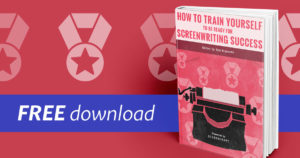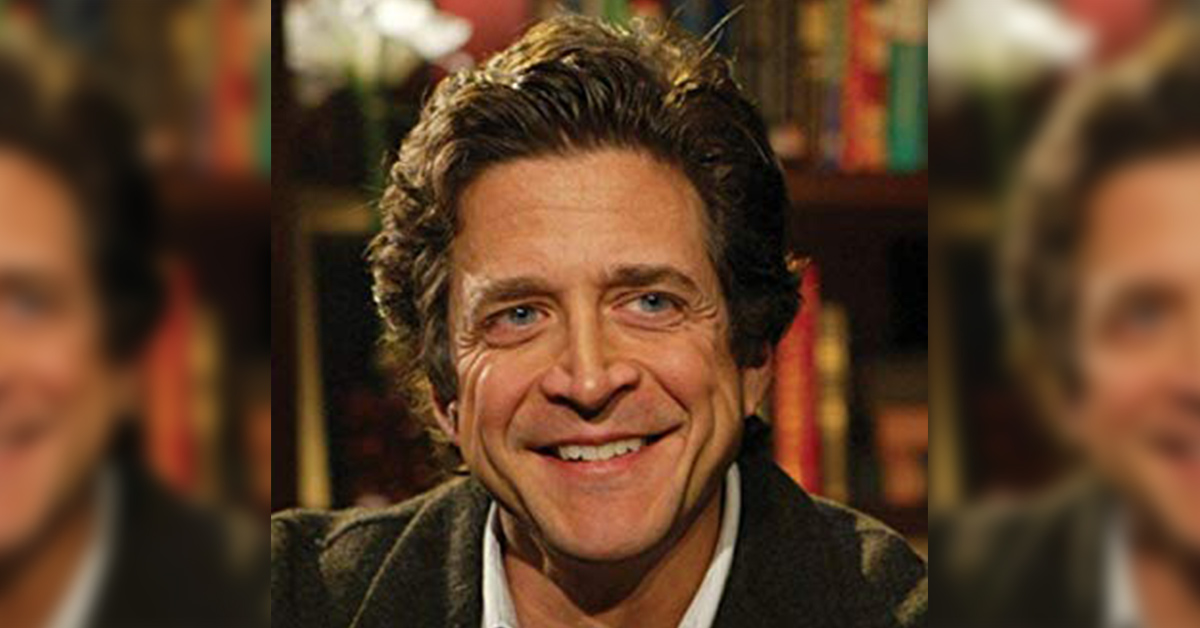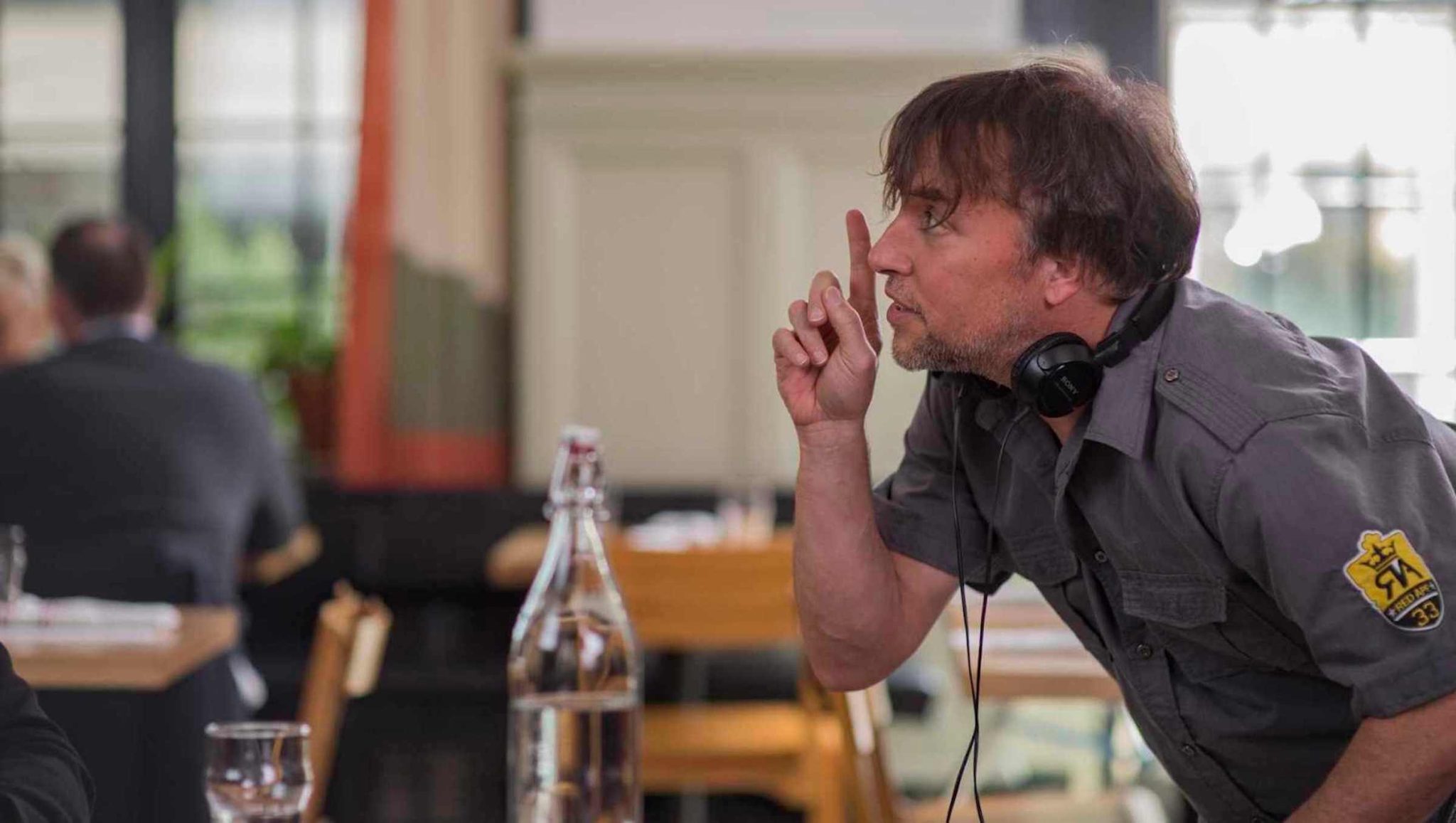Five Writing Tips from Two-Time Oscar Nominee Paul Attanasio

“I didn’t think you could have an artsy career… And so I went to law school… I realized I was in the wrong place but I should find something I felt [passionate] about. And that’s where I started writing,” Paul Attanasio says while speaking to host Aaron Tracy on the latest episode of Yale Podcast Network’s To Live and Dialogue in LA. His road to Hollywood was a bit winding and unique (there were pit stops in journalism and film criticism) but it’s a good thing Attanasio ditched the law degree — he wound up with two Oscar nominations for his writing (one for 1994’s Quiz Show and 1997’s Donnie Brasco). He’s also written many other successful films and hit television shows.
In his sit-down with the podcast, Attanasio delved into his career and provided a wealth of knowledge and advice.
1. On the importance of crafting your working style.
“Before I had children, I had very regular hours,” Attanasio recalls. “I would get up, drink coffee, go for a jog, come home and start writing and then I followed very regular banker’s hours from nine to five. After I had children, you just can’t do that anymore. So I had to teach myself how to work within the constraint of you might be called away at any minute and you might not have the leisure of eight hours uninterrupted quiet and how do you continue to work that way? You can adapt..."
“It’s really about industry,” he says, stressing the importance of writing every day. “It’s not about inspiration. Find a regular time that you like to work.”
2. On his unique path into Hollywood.
Like Schrader, Godard, and Truffaut before him, Attanasio began his introduction to film as a critic. It was an experience that couldn’t help but inform his writing. Employed as a critic, Attanasio needed to pay attention to craft and he needed to have an opinion.
“There’s all different ways in,” he says. “But for me, it was being forced to have an opinion. To see a lot of films. I had to see four films a week and have an opinion and defend that opinion and that was a great discipline. And also, I got to see a lot of films.”
Learn how to train yourself to be ready for screenwriting success with this free guide.
3. On appreciating story.
They say the best way to learn film and screenwriting is to do just like Attanasio did: watch movies (and read scripts). Devour them. And the same is said for writing in general: read. Read, read, read. And Attanasio admits, that was the original way he got hooked. And he swears by it. To aspiring screenwriters, Attanasio’s advice: read books. Learn narrative.
“I came out of books,” he recalls. “When I was a kid, I wasn’t a film buff. I was a reader. It’s a different way of telling a story but that’s where I learned narrative. And probably there’s some vestiges to that and how I approach things now. Whatever you want to do, I would study narrative… It comes up in every single field… That idea of telling a story is so fundamental to who we are as people and that’s never going to go away. [Even] Instagram — the stories feature… there’s this hunger in the human spirit for stories and it transcends all fields.”
4. On embracing emotion — particularly anger.
Emotion is most certainly some of the best fuel for true and honest writing. Some of the most powerful works come from a place of raw fear, raw anger, raw pain. In Attanasio’s eyes, if we’re going to be feeling these things anyway, might as well take advantage of it. You could produce some of your best work that way.
He explains, “When I started out, I had so much anger. And it was so useful. It is so useful as a writer or artist to have that anger… As you go on, you just aren’t that angry anymore... Well, things are starting to make me angry, but, you find other fuel. You do something else… Redford said to me [Quiz Show] was the angriest script he ever read. And that was what appealed to him…”
5. On handling success.
Attanasio knows how lucky he is to have gotten as far as he has gotten. And he prefaces this last piece of advice with self-awareness, knowing that it may sound a bit elitist. But he means it genuinely. “Success is much more difficult than failure,” he says. And at the end of the day, what he’s really trying to say, in a way, is don’t allow any kind of success to take your head off your shoulders. Keep the focus on what got you there in the first place: your writing.
He elaborates, “Success is much harder to navigate than failure... In my case, you think there’s going to be a pot of gold at the end of the rainbow. And there is a lot of gold. But nothing really changes. And really what matters is doing your work with people you like and admire. And the awards and the money and everything… It’s pretty simple. It’s just, like, do your work.”
Listen to the podcast on iTunes here.
 Travis Maiuro is a screenwriter and freelance film writer whose work has appeared in Cineaste Magazine, among other publications.
Travis Maiuro is a screenwriter and freelance film writer whose work has appeared in Cineaste Magazine, among other publications.
For all the latest ScreenCraft news and updates, follow us on Twitter, Facebook, and Instagram.
Get Our Screenwriting Newsletter!
Get weekly writing inspiration delivered to your inbox - including industry news, popular articles, and more!



























